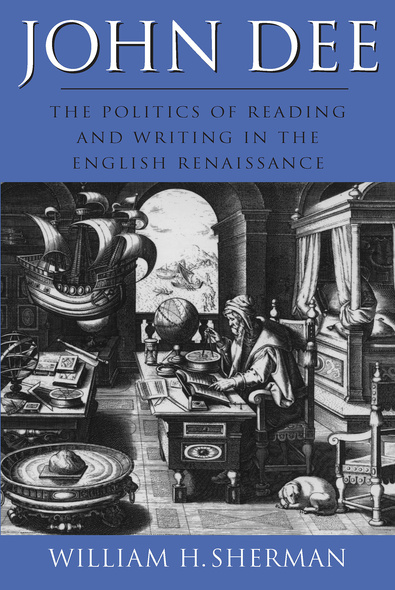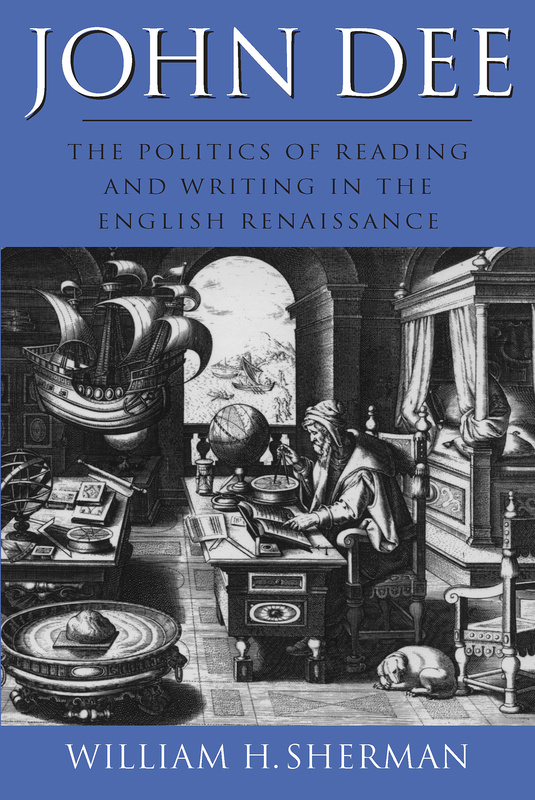John Dee
The Politics of Reading and Writing in the English Renaissance
University of Massachusetts Press
This book challenges the conventional image of John Dee (1527–1609) as an isolated, eccentric philosopher. Instead, William H. Sherman presents Dee in a fresh context, revealing that he was a well-connected adviser to the academic, courtly, and commercial circles of his day.
Innovative, meticulous, and beautifully produced. . . . By resituating John Dee in his library, Sherman has demystified the magus and offered us a completely new figure—no longer the eccentric practitioner of a muddled Hermetic philosophy, but a scholarly agent of the commonweal.'—(London) Times Literary Supplement
'An impressive reassessment of John Dee. . . . Dee himself is fascinating, and through him Sherman raises broader questions about how we read the past and the role of the intellectual within the Tudor patronage system. A model of clear, jargon-free writing, the book is highly recommended.'—Choice
'Sherman's book is superb. It is unusually learned, strikingly original, and always surprising. Not merely is this our most subtle and suggestive account of the writings of the protean John Dee, it is also a work that calls into question our most entrenched convictions about reading and writing in early modern England.'—David Scott Kastan, Columbia University
'A model monograph, elegantly conceived, lucidly written, and astonishingly learned. Sherman has acquired a mastery of libraries and manuscripts, and an understanding of the ways of early modern writers, scribes, and publishers that would do credit to a grizzled veteran. More important still, he has the originality and wit to mobilize his erudition in the service of a clear, original, and important thesis.'—Anthony Grafton, Princeton University
William H. Sherman is assistant professor of English at the University of Maryland, College Park.





